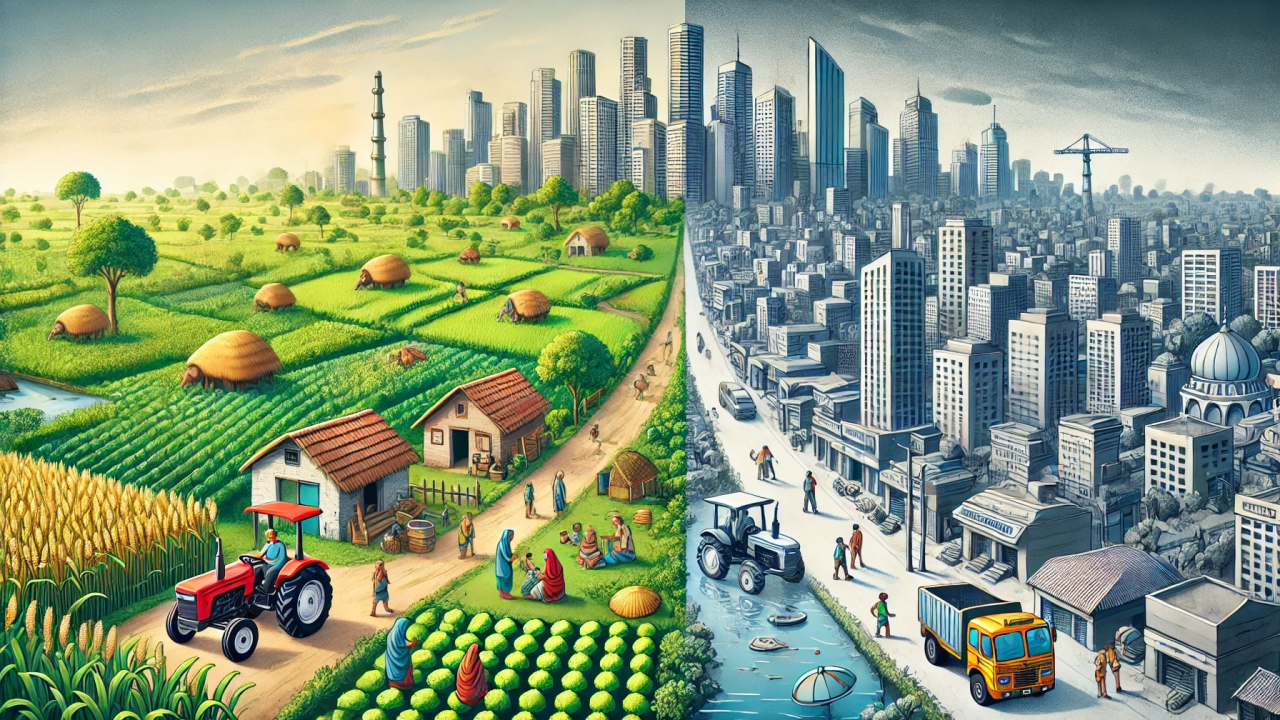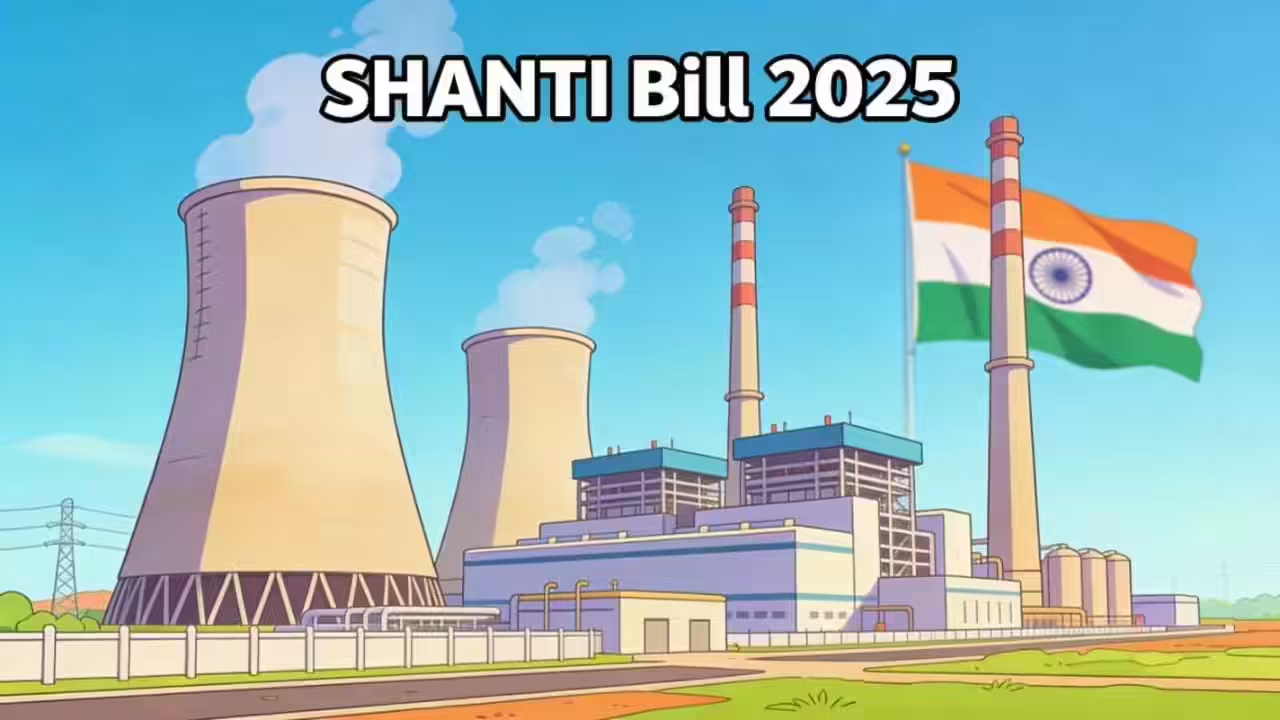Font size:
Print
Places in News: Lebanon
Context:
- Several countries have advised their citizens to evacuate Lebanon due to increasing concerns about a potential escalation of conflict in the Middle East.
- Iran has vowed “severe” retaliation against Israel, which it holds responsible for the death of Hamas political chief Ismail Haniyeh in Tehran.
 Lebanon: Country Profile:
Lebanon: Country Profile:
- Location: Lebanon is situated on the eastern shore of the Mediterranean Sea, bordered by Syria to the north and east, and Israel to the south.
- Capital: Beirut
- Languages: Arabic (official), French (widely spoken)
Physiographic Regions:
- Coastal Plain: Narrow and discontinuous, fertile, and includes the ʿAkkār Plain in the far north.
- Highest peak at Qornat es-Sawdāʾ (3,088 metres). This range is characterised by deep gorges and is home to the famous Cedars of Lebanon. The lowest point is the Mediterranean Sea (0 m).
- Al-Biqāʿ (Bekaa) Valley: Fertile valley between the Lebanon and Anti-Lebanon Mountains, part of the East African Rift System.
- Anti-Lebanon Mountains: Runs parallel to the Lebanon Mountains, with high peaks including Mount Hermon.
- Līṭānī River: The longest river in Lebanon, flowing from the Bekaa Valley to the Mediterranean near Tyre.
- Natural Resources: Includes limestone, iron ore, and a surplus of water in a generally water-deficit region.
Current Political Situation:
- Government: Lebanon is a unitary multiparty republic with a National Assembly of 128 members.
- Conflicts: Ongoing tensions with Israel and internal sectarian issues, exacerbated by the Syrian refugee crisis and regional conflicts.
- Recent Developments: The situation remains fluid with ongoing hostilities, such as recent drone attacks by Hezbollah.
Historical & Modern Context:
- French Mandate and Independence: Lebanon was established under a French mandate in 1920 and gained independence in 1943.
- Civil War (1975-1990): The civil war resulted in around 120,000 deaths and instability. Israeli forces occupied parts of Lebanon until 2000.
- Syrian Influence: Syria’s military presence lasted from 1976 to 2005, with significant influence waning afterward.
- Syrian Refugee Crisis: Since 2011, over 1.5 million Syrian refugees have sought refuge in Lebanon due to the Syrian conflict.


